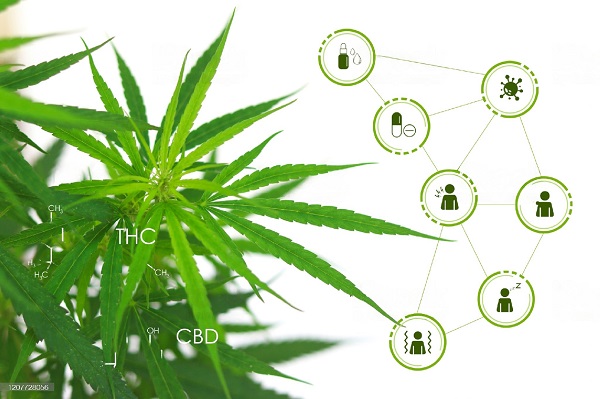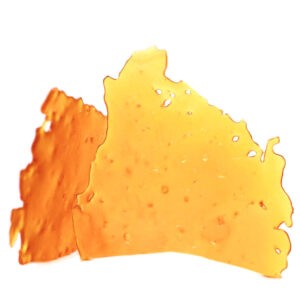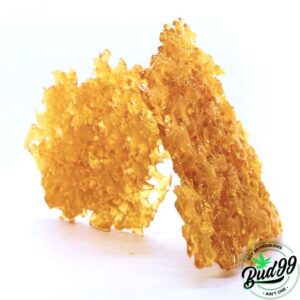In recent years, there has been a surge in interest surrounding cannabinoids, the chemical compounds found in the cannabis plant. Two of the most well-known cannabinoids are cannabidiol (CBD) and tetrahydrocannabinol (THC). While both are derived from the same plant, they have distinct properties that set them apart. This blog aims to delve into the differences and similarities between CBD and THC, shedding light on their effects, uses, and potential benefits.
Understanding CBD and THC
Cannabidiol (CBD) and tetrahydrocannabinol (THC) are both cannabinoids that interact with the endocannabinoid system (ECS) in the human body. The ECS plays a crucial role in maintaining homeostasis, regulating various physiological processes such as mood, appetite, and sleep.
CBD: The Non-Psychoactive Cannabinoid
One of the primary distinctions between CBD and THC is their psychoactive effects. Unlike THC, CBD is not psychoactive, meaning it does not induce a “high” sensation. This makes CBD an attractive option for those seeking the potential therapeutic benefits of cannabis without the associated euphoria. Research suggests that CBD may have anti-inflammatory, anti-anxiety, and neuroprotective properties.
Moreover, CBD is legal in many places where THC remains prohibited. This has led to the widespread availability of CBD products, including oils, capsules, and topicals, catering to a diverse range of users seeking relief from various ailments.
THC: The Psychoactive Compound
In contrast to CBD, THC is the psychoactive component of cannabis responsible for the euphoric effects commonly associated with marijuana use. When THC binds to the cannabinoid receptors in the brain, it triggers a cascade of events leading to the characteristic “high” that recreational users seek. While this psychoactive quality may be appealing to some, it can also be a drawback for those who wish to avoid altered states of consciousness.
Medical marijuana, which often contains higher levels of THC, is prescribed to patients for conditions like chronic pain, nausea, and muscle spasms. However, the legality of THC-containing products varies widely, with many regions imposing strict regulations on its use.
The Entourage Effect
Despite their differences, CBD and THC are thought to work synergistically in what is known as the entourage effect. This theory suggests that the combined presence of various cannabinoids, terpenes, and other compounds in the cannabis plant enhances the overall therapeutic effects. In other words, the interaction between CBD and THC, along with other components, may create a more potent and nuanced therapeutic experience.
Uses and Potential Benefits
CBD and THC have demonstrated potential benefits across a range of health conditions, though the extent of research varies. Some common uses and potential benefits include:
CBD:
- Pain Management: CBD is believed to have analgesic properties and may be effective in alleviating chronic pain.
- Anxiety and Depression: Research suggests that CBD may help manage symptoms of anxiety and depression by interacting with serotonin receptors in the brain.
- Neuroprotection: CBD’s antioxidant and anti-inflammatory properties may contribute to neuroprotection, potentially benefiting conditions like epilepsy and neurodegenerative disorders.
THC:
- Pain Relief: THC is known for its analgesic properties and is often prescribed for chronic pain conditions.
- Nausea and Appetite Stimulation: THC has been used to alleviate nausea and stimulate appetite, particularly in cancer patients undergoing chemotherapy.
- Muscle Spasms: Medical marijuana, containing THC, is sometimes prescribed to patients with conditions causing muscle spasms, such as multiple sclerosis.
Conclusion
In summary, CBD and THC, despite originating from the same plant, exhibit distinct characteristics and effects. While CBD is non-psychoactive and has gained popularity for its potential therapeutic benefits, THC is known for its psychoactive properties and is often utilized for its analgesic and anti-nausea effects. The interplay between these cannabinoids, along with other compounds in the cannabis plant, creates a complex pharmacological landscape that researchers continue to explore. As our understanding of these cannabinoids deepens, so too does the potential for developing targeted and effective treatments for a variety of health conditions.





